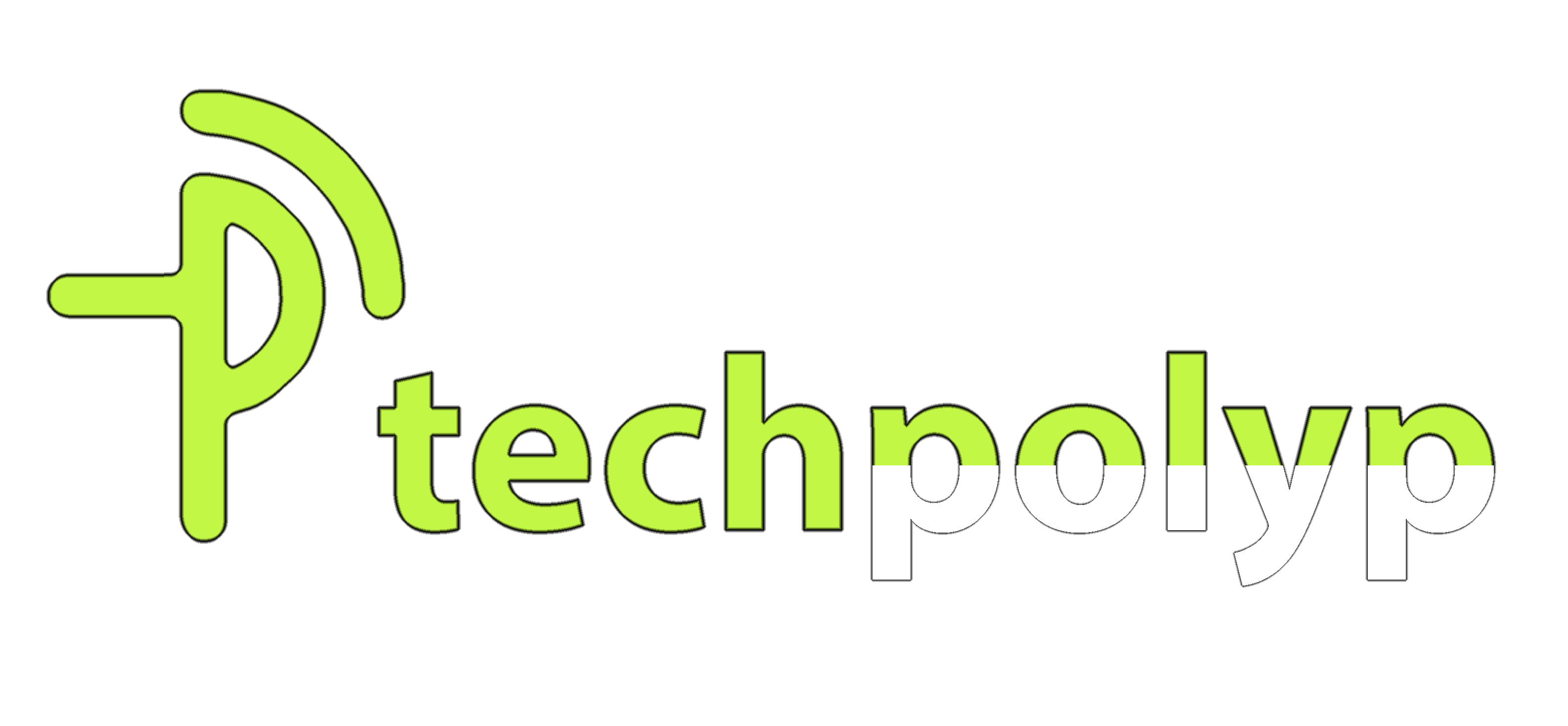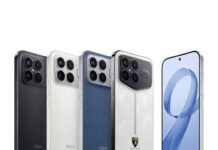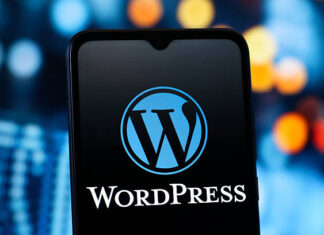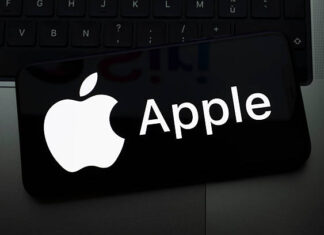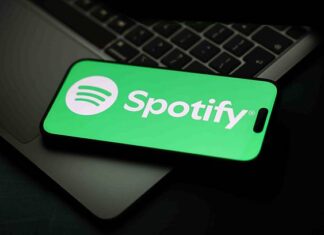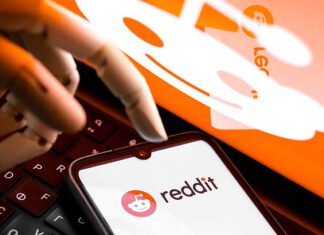When you purchase through links on our site, we may earn an affiliate commission. This doesn’t affect our editorial independence.
Are you in a tough spot of having to choose between Apple and Samsung for your next phone? In that case, do not worry at all because the technology market has a lot of folks just like you in the same situation. The rivalry between Apple and Samsung has been very fierce over the years, as both companies have the right thing that can satisfy your needs. When it comes to choosing between Apple and Samsung, the ultimate decision depends upon your exact needs, your preferences, and your way of integrating the devices into your daily life.
In the comparison below, we will find the basics that will guide you in the proper direction in order to make a well-informed decision. We will take you through all there is to it, including ecosystem integration and camera capabilities, personalisation, and price ranges. Whether you are a die-hard iOS user who is planning to switch to Android or a Samsung fan who is eagerly waiting to hear about the offerings from Apple, the guide will be your companion and take you to your destination, and that is the device most suitable for your lifestyle.
Key Takeaways:
- Apple is leading in the integration of its ecosystem, making it possible for users to connect the iPhone, iPad Pro, Apple Watch, and AirPods, which is why it is perfect for those who value a coherent experience the most.
- One of the reasons why Samsung comes on top is the greater diversity of its devices, Galaxy phones and also foldable ones, which are more compatible with Google’s Android and Microsoft’s Windows than any other brand is.
- There are several different camera features related to the brands: Apple is more about the natural and vivid shots, whereas Samsung presents more advanced choices and personalisation in their Galaxy S Ultra series.
- One of the lowest price tags: Samsung has the largest portfolio and the lone brand to serve customers in multiple budget segments, and Apple leads the market in the premium segment with fewer but high-featured devices. The choice is yours. Apple’s closed ecosystem offers convenience and protection, and Samsung’s open platform offers personalisation and technology innovations in abundance.
How Your Devices Work Together
The Apple ecosystem shines when it comes to seamless connectivity between devices. With features like Handoff and Continuity, you can start a task on your iPhone and instantly continue it on your MacBook or iPad. This integration extends to AirDrop, which makes sharing files between Apple devices effortless and quick.
Samsung’s ecosystem has made significant strides with Samsung Flow and Link to Windows. These features allow Samsung phone users to mirror their screens, transfer files, and even respond to messages directly from their Windows PC. While not as tightly integrated as Apple’s solution, it offers more flexibility with third-party devices.
Smart Home Integration
Both solutions are full-featured smart home solutions, but approach it in quite different manners. Apple’s HomeKit is a very secure and privacy-focused platform, but is not compatible with as many devices as Samsung’s SmartThings. Apple device integration with HomeKit is incredibly seamless, with very little setup needed and rock-solid reliability.
The Samsung ecosystem is more open with the use of SmartThings, with the ability to use even a larger array of third-party devices and protocols. It is simpler to build a smart home without the limitation of specific brands. Samsung’s Google Assistant and Alexa compatibility provide it with even more choices in terms of voice control in comparison to the use of Apple’s Siri alone.
SmartThings is a home hub for managing your smart home devices, but HomeKit employs an Apple TV, HomePod, or iPad as a home hub. Samsung’s solution is more advanced in the realm of automation and customisation but will require more technical expertise to get it done right.
Both platforms provide robust security features and regular updates to protect your connected devices. However, Apple’s stricter certification requirements for HomeKit accessories ensure a more consistent but limited selection of compatible devices.
Key Takeaway: Where Apple offers seamless integration in its closed environment, Samsung offers greater flexibility and device compatibility, so your choice will depend on whether you prefer ease or customisation in your connected life.
Software and User Experience
Operating System Comparison
Software and user experience are where Apple and Samsung diverge on the philosophical level. Apple’s iOS is in a gated ecosystem with a very controlled and coherent user experience. It is all carefully designed to be in harmony with the next thing from the interface through the app’s interaction.
In contrast, Samsung uses Google’s Android, but it is more open and free. The Android app ecosystem is enormous and open, and the users enjoy the liberty to personalise the experience to a significant extent. You can change everything from the configuration on the home screen to the system-wide themes and even the default apps.
The ease and the security are the focus areas for Apple. The strict app review process enables quality control but may limit some advanced functionality. The connectivity between devices is extremely seamless – you start something on your iPhone, and it just continues on your iPad or Mac smoothly.
The Samsung implementation on Android gives the user more control in use. You’re not stuck with the Google Play Store; it’s not limited to multiple sources. The interface is more complex at first glance, but advanced customisation is available. The convenient Samsung One UI overlay has core blockchain functionality with additional Samsung modifications.
Key Takeaway: Although both are superior in other aspects, iOS is superior in terms of security features and allows for seamless integration within the system, and Android, in particular Samsung, is providing increased flexibility and customisation.
Conclusion
After weighing these key considerations, it’s clear that Apple and Samsung each have their strengths in some areas. Apple has the upper hand when it comes to seamless ecosystem integration, lengthy software updates, and inherent privacy features, but Samsung leads in hardware innovation, customisation capabilities, and device diversity with their foldable devices and Galaxy Tab series. Your choice is just a question of personal tastes. If you enjoy simplicity and effortless integration across devices and a more controlled ecosystem experience, Apple could be the way to go for you.
That being said, if you’re looking for the newest hardware features, greater customisation possibilities, and a wider variety of devices in various price ranges, Samsung may be your perfect fit. Just remember that there is no single “better” choice—it all depends on which ecosystem is best for you and your preferences.
Consider your current devices, budget, and the purpose for which you will be using your technology when making the decision. Both companies are constantly innovating technologically, so whichever direction you go in, you will have access to the latest and greatest devices.
FAQs
- Can I use Samsung accessories with Apple devices, or vice versa?
Most accessories aren’t cross-compatible between Apple and Samsung devices. While some universal accessories like Bluetooth headphones may work with both, proprietary accessories like Samsung’s S Pen or Apple’s AirPods offer full functionality only with their respective ecosystems.
2. How do Apple and Samsung compare in terms of resale value?
Apple products usually sell for higher prices as time goes on than Samsung Chips. iPhones remain 50% of their initial values even after two years, whereas Samsungs are for the most part exceptions, decreasing about 35% of their worth in two years.
3. Are the Apple and Samsung privacy features the same?
Although both companies prioritise privacy, Apple is more stringent, with features like app tracking transparency and Sign in with Apple. Samsung follows Google’s Android privacy policies but offers additional security features with the Knox security platform.
4. What is the main difference in the software updates of Apple and Samsung devices?
In their products, Apple typically releases updates on iOS every five or six years. Samsung recently committed to customers they will get 4 years of Android updates and 5 years of security updates on their flagship devices, although the policy is new.
5. What are the major differences in their smart home setups?
As opposed to Apple’s closed and therefore secure HomeKit, Samsung’s SmartThings are open and support a larger number of third-party devices. SmartThings is compliant with Zigbee and Z-Wave protocols, and therefore there is more flexibility owing to the way the smart home is set up.
6. How are their cloud storage offerings different?
iCloud is available with seamless integration with Apple devices but is very expensive. Samsung Cloud is discontinued and replaced with Microsoft OneDrive integration with higher storage capacity and better cross-platform compatibility with Windows devices.

